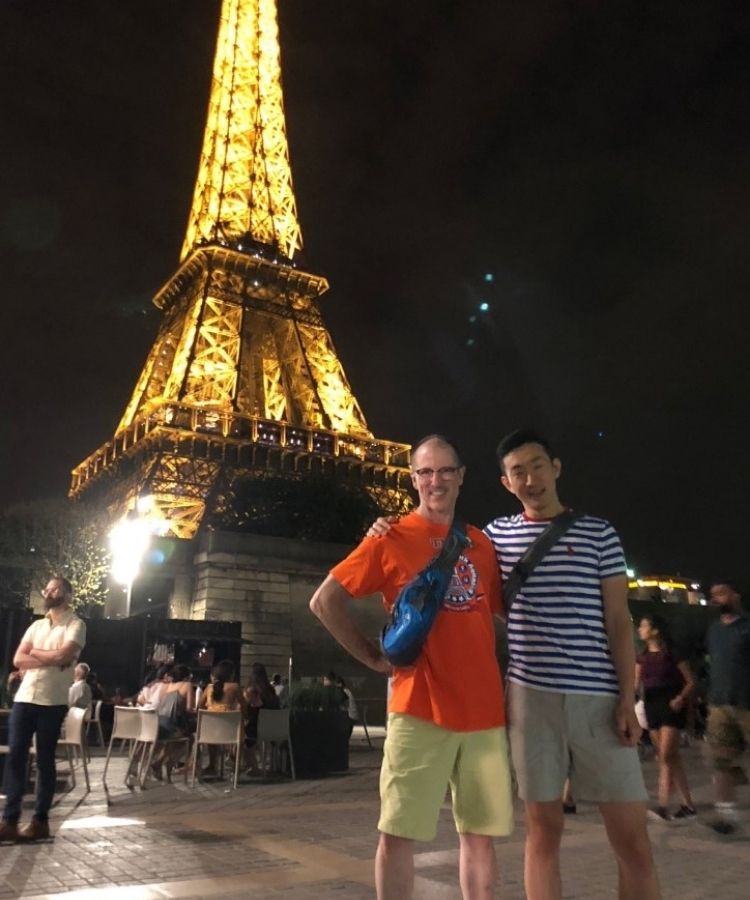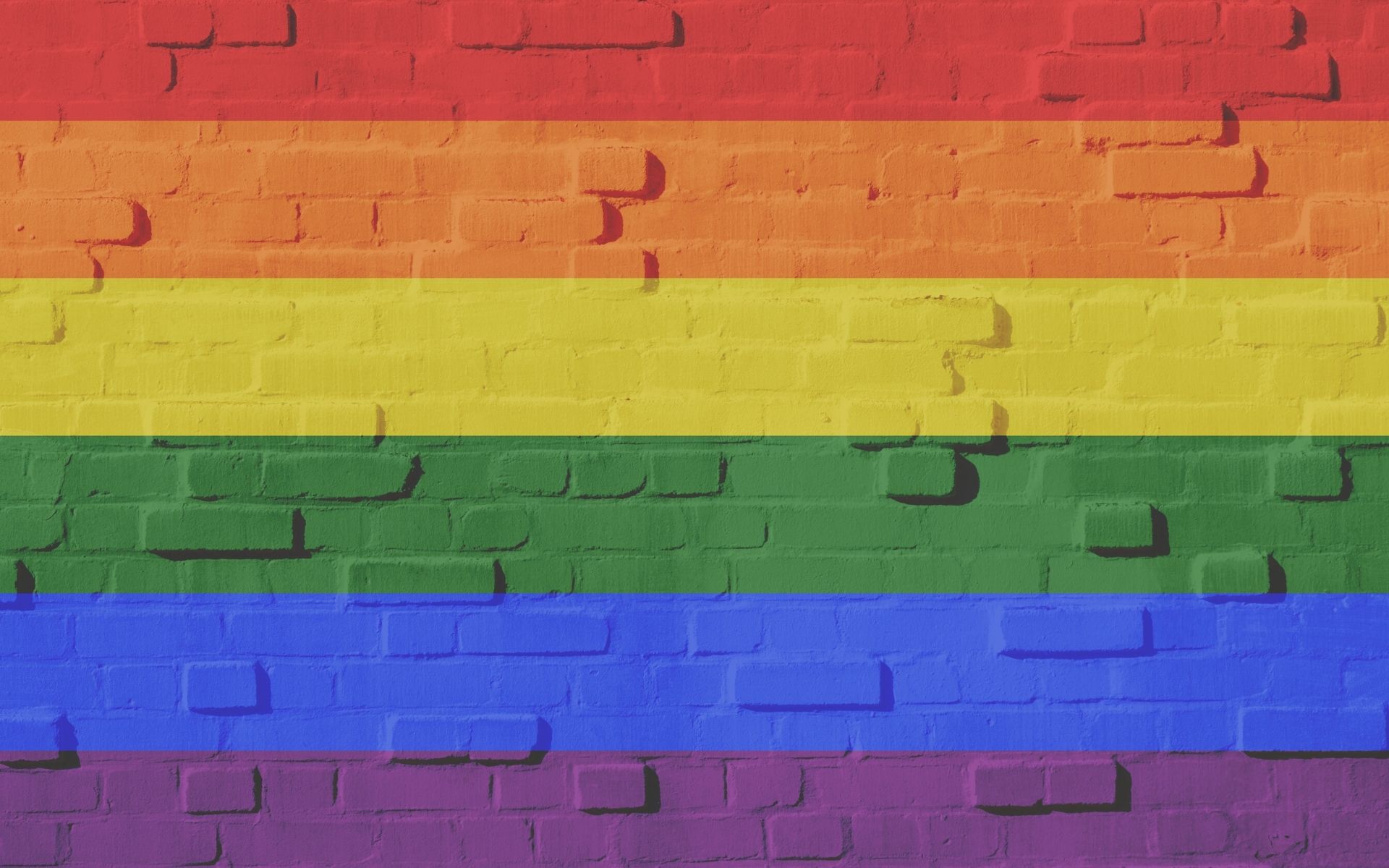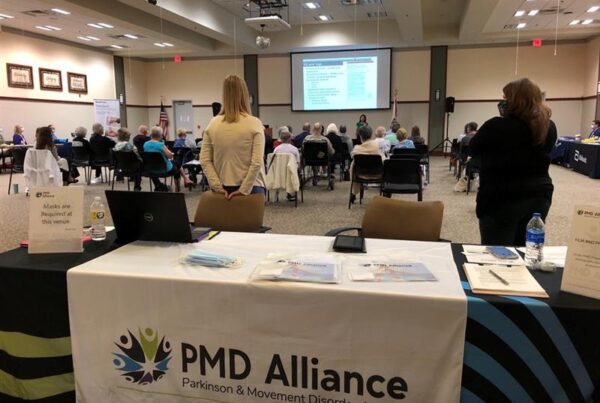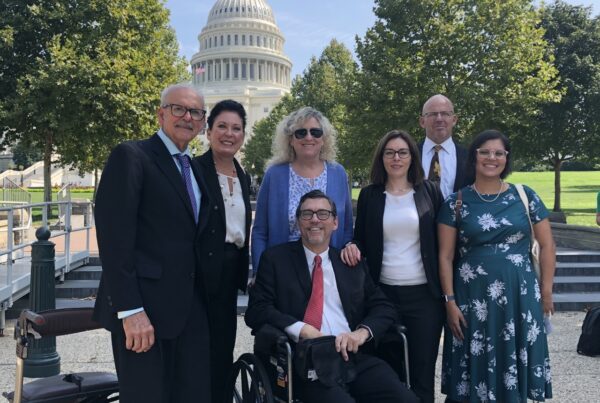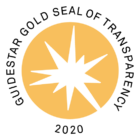“I believe that telling our stories, first to ourselves and then to one another and the world, is a revolutionary act.”
― Janet Mock, Writer, Television Director, and Transgender Rights Activist
June is Pride Month, a celebration of the LGBTQ+ community and a call for self-affirmation, dignity, equality, and increased awareness. But when it comes to Parkinson’s and LGBTQ+-centered stories, resources, and access to care, there remains a gap.
Anissa Mitchell, PMD Alliance’s Chief Program Officer and licensed clinical social worker, has made it part of her mission to understand the health disparities facing the LGBTQ+ community in order to effect change. “Approximately three million people over the age of 50 (expected to grow to seven million by 2030) in the US are LGBTQ,” she wrote in Parking Suns. “Parkinson’s affects approximately 1 out of every 100 people in this age range, so it is safe to estimate that approximately 30,000 LGBTQ+ Americans have Parkinson disease.”
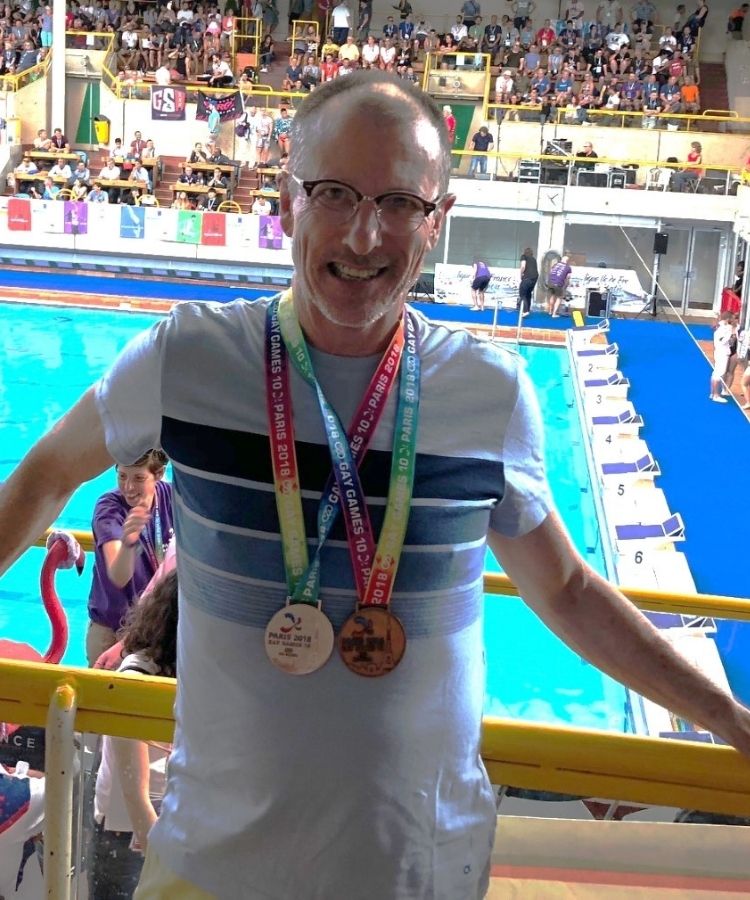
A History of Discrimination
Bruce Ballard, the creator of the blog Parking Suns: A Life with Parkinson’s Disease and an open member of the LGBTQ+ community who’s living with PD, knows what it’s like to face social stigma and healthcare barriers due to his sexual orientation.
Growing up in the 1960s, Bruce remembers feeling like his only option was not only to be closeted to the world, but even to himself, burying his feelings. By the time he was in college, he found himself in a conservative environment where he felt unable to be himself and out of place. Cautiously, he connected with a small group of friends who were gay or lesbian, which helped him admit to himself that he was, too. They weren’t able to be open to their peers, but found relief and fun together.
The fun didn’t last. Word leaked to the campus at large that there were “homosexuals” at the school and, as Bruce said, the reaction was “swift and severe. Three of my friends were kicked out of school housing (an on-campus fraternity) and had to find housing off-campus. When they came to campus for classes, other students threw rocks at them.” The school administration took no action against the rock-throwers and made no attempts to support the dignity, wellbeing, and equal rights of his friends. Faced with this crushing adversity, his friends eventually dropped out of school.
Discrimination Takes a Toll on Health
The history of discrimination and social stigma against the LGBTQ+ community, like the kind Bruce and his friends faced, has powerful implications, not only for your mental wellbeing, but your overall health. As Bruce shared with me, the Centers for Disease Control (CDC) states that there are a host of factors that many in the LGBTQ+ community face that can negatively impact a person’s health and ability to receive care, including, “homophobia, stigma, discrimination, lack of access to culturally- and orientation-appropriate medical and support services, heightened concerns about confidentiality, and fear of losing your job or talking about your sexual practices and orientation.”
In fact, Bruce explains that, to this day, there remain some doctors who “have their own prejudices” which keep them, intentionally or not, from understanding and providing the best possible care for their LGBTQ+ patients. The result of this ongoing history of discrimination and stigma, as Anissa Mitchell explained, is that the LGBTQ+ community has “higher rates of general poor health and mental distress.”
Isolation Negatively Impacts Wellbeing
When you’re living or loving someone with Parkinson disease, it can feel isolating. It may be harder to predict OFF time and say yes to plans with friends, mobility and mood can shift, or you can feel wrapped up in a swirl of doctor’s appointments. According to Anissa Mitchell, “these experiences are compounded in the LGBTQ+ population.” Due to stigma and discrimination, an increased likelihood of being single or living alone and childless, as well as an all-too-frequent lack of access to support from a larger LGBTQ+ community nearby, members of the LGBTQ+ community are more likely to face poverty and homelessness, which deepens the burden and disparities.
Bruce believes isolation profoundly impacts wellbeing. “Parkinson’s can become scary as the symptoms advance,” he said, and if you’re living without a partner or your partner has passed, “you may feel like your life is essentially over,” especially if you’re not connected to a broader community. “Self-isolation is a terrible thing.”
Fundamental to living well in spite of a disease is feeling balanced in body and mind. People with Parkinson’s have high rates of depression and anxiety: these non-motor symptoms affect 50-70% of people with PD. Once again, the impact is compounded in people who identify as LGBTQ+. Anissa Mitchell writes, “Gay, lesbian, and bisexual individuals experience more depression and anxiety than their heterosexual counterparts and are more likely to attempt suicide, which means Parkinson’s adds an additional burden to an already at-risk population.”
Connection is Therapeutic
There is hope. Meaningful opportunities for people with Parkinson’s in the LGBTQ+ community are growing. We need each other to live well.
In a recent study from PMD Alliance about the impact of pandemic-related isolation on the Parkinson’s community, lead author Neal Hermanowicz, MD, underlined the therapeutic power of feeling connected: “Our study shows clearly that medications and surgeries are only a part of the plan. We need our community to live at our best.”
A few months ago, Bruce was invited to join an online support group for LGBTQ+ people with Parkinson’s, organized by the Beth Israel Deaconess Medical Center. The group created a virtual gathering space for about a dozen people with Parkinson’s to connect, share, bring their questions, and grow, including offering mini-courses such as a “Find Your Voice” writing workshop.
After living with Parkinson’s for ten years, Bruce said the group was a “new and powerful experience” for him. “There were a variety of ages and people at different stages in the disease. What was remarkable was that everyone participated, regardless of their ability to talk or other conditions. We spoke about our lives, what specific challenges we were currently dealing with, and what we planned to do with our futures.”
Bruce was moved by how supportive and kind his peers were, saying they all felt “no need to hesitate talking about any aspect of our lives.” Bruce added, “I wish everyone who has Parkinson’s could be in a group like this.” Community nourishes us.
On the Horizon: Expanding Access to Care
Bruce has been living with Parkinson’s for a decade now. He’s had a long career and, this month, at the age of 69, he’ll retire. “It’s finally time to do something else with my life,” he told me.
As the creator of Parking Suns, Bruce has connected with diverse members of the PD community, exploring the disease from all angles. This includes providing stories and resources for those in the LGBTQ+ community who are also living with Parkinson’s. His work is needed.
Bruce has experienced adversity firsthand, from childhood, through college, and even more recently in his career. Gratefully, he has a loving care partner, his husband, by his side to navigate this journey together. “My husband has risen to the occasion,” Bruce said affectionately. “He wants me to be happy and healthy, and keeps thinking of ways to promote that. We take trips on long weekends and he’s a great cook who makes all my favorite foods. He shares lots of affection. He’s devoted to me.”
No matter who we are or how we identify, we all deserve to feel this love. We deserve to feel seen and celebrated, and we deserve equitable access to the resources, care, and support we need. By speaking up, Bruce not only uplifts himself, he raises awareness for all, building a coalition of voices that will close disparities and provide space for everyone to thrive.
